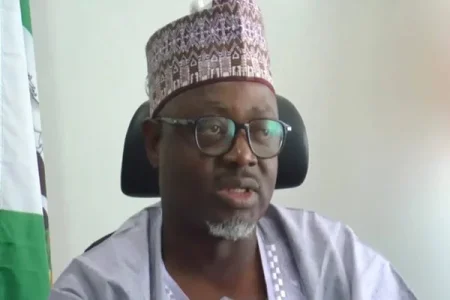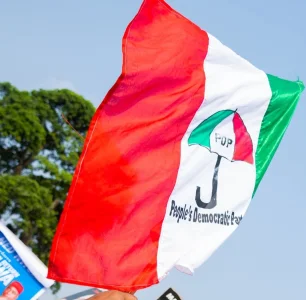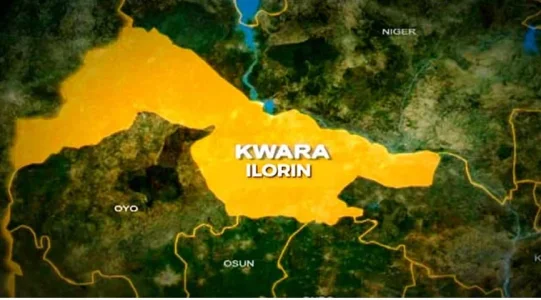
The Nigerian government says bringing repentant Boko Haram fighters back into society is crucial to ending insecurity, but the move continues to spark public mistrust and fear.
- FG calls deradicalisation and reintegration “a national security strategy”
- Over 6,000 ex-fighters have reportedly surrendered since 2021
- Many Nigerians remain sceptical about their sincerity and safety
- The process includes vocational training, counselling, and religious reorientation
- Govt says isolating them could backfire and fuel further violence
This isn't just about mercy — it's strategy. Officials argue that if ex-Boko Haram members feel isolated or rejected, they’re more likely to rejoin violent networks. But for many Nigerians who lost loved ones or homes to insurgent attacks, the idea of welcoming fighters back feels like betrayal. Rebuilding trust will take more than speeches — it’ll require transparency, real justice, and community healing.
Reintegration may reduce violence long-term, but only if communities feel safe. The question is: can reconciliation and justice exist side by side?




